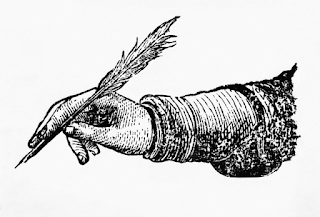Dramatic details came to light during an inquest hearing liked to the LVF murder of Fergal McCusker (28) in Maghera, Co Derry, as he made his way home from a night out on January 18, 1998.
No-one has ever been charged with the Catholic man’s murder, although four men were arrested and later released.
Mr McCusker’s family believe there was collusion involved.
Former Director of Public Prosecutions, Barra McGrory KC, acting for the McCusker family, raised serious concerns after the Secretary of State recent intervention in the inquest, which opened last year.
During Tuesday’s hearing in Belfast, coroner Paddy McGurgan, heard how Mr Heaton-Harris referred to comments made by Mr Boutcher about a High Court case linked to another legacy inquest as “unwelcome”, while details of Mr Boutcher’s “robust” response were also revealed.
Mr McCusker’s callous killing came months after the LVF gunned down prominent GAA member Sean Brown in nearby Bellaghy in May 1997.






























